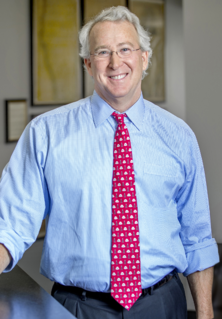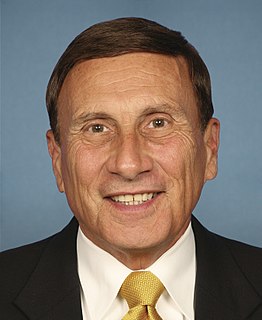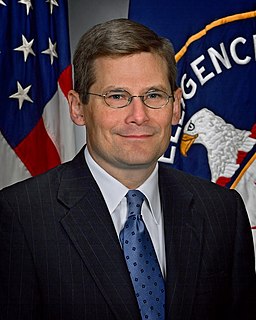A Quote by Henry Paulson
A single agency responsible for systemic risk would be accountable in a way that no regulator was in the run-up to the 2008 crisis. With access to all necessary information to monitor the markets, this regulator would have a better chance of identifying and limiting the impact of future speculative bubbles.
Related Quotes
So perhaps the most worrying single remark made by a responsible banking official during the current crisis came from Jochen Sanio, the head of Germany's banking regulator BaFin. He warned on Aug. 1 that his country could be facing the worst banking crisis since 1931 - a reference to the collapse of Austria's Kredit Anstalt, which provoked a wave of bank failures across Europe.
American business would be run better today if there was more alignment between CEOs' interest and the company. For example, would the financial crisis of 2008 have occurred if the CEO of Lehman and Morgan Stanley and Goldman and Citibank had to take a very small percentage of every mortgage-backed security... or every loan they made?
I spent my whole career thinking about risk, markets, infrastructure, and regulation. I had seen the financial crisis unfold, and I had seen the credit derivatives market get operationally ahead of itself, which resulted in systemic risk counterparty exposures. I began to believe that distributed ledgers had the capability to tackle that problem.
TSA serves as the operator, administrator and regulator for the nation's transportation security. But in fact, the TSA bureaucracy does all it can to thwart any conversion to a system with more private-sector operations and strong federal oversight and standards. This agency cannot, and should not, do it all.
[Hillary Clinton] never misused [ information that the Central Intelligence Agency has]. She always protected it. I would trust her with the crown jewels of the United States government. And, more importantly, I would trust her with the future security of the country and the future security of my kids.


































